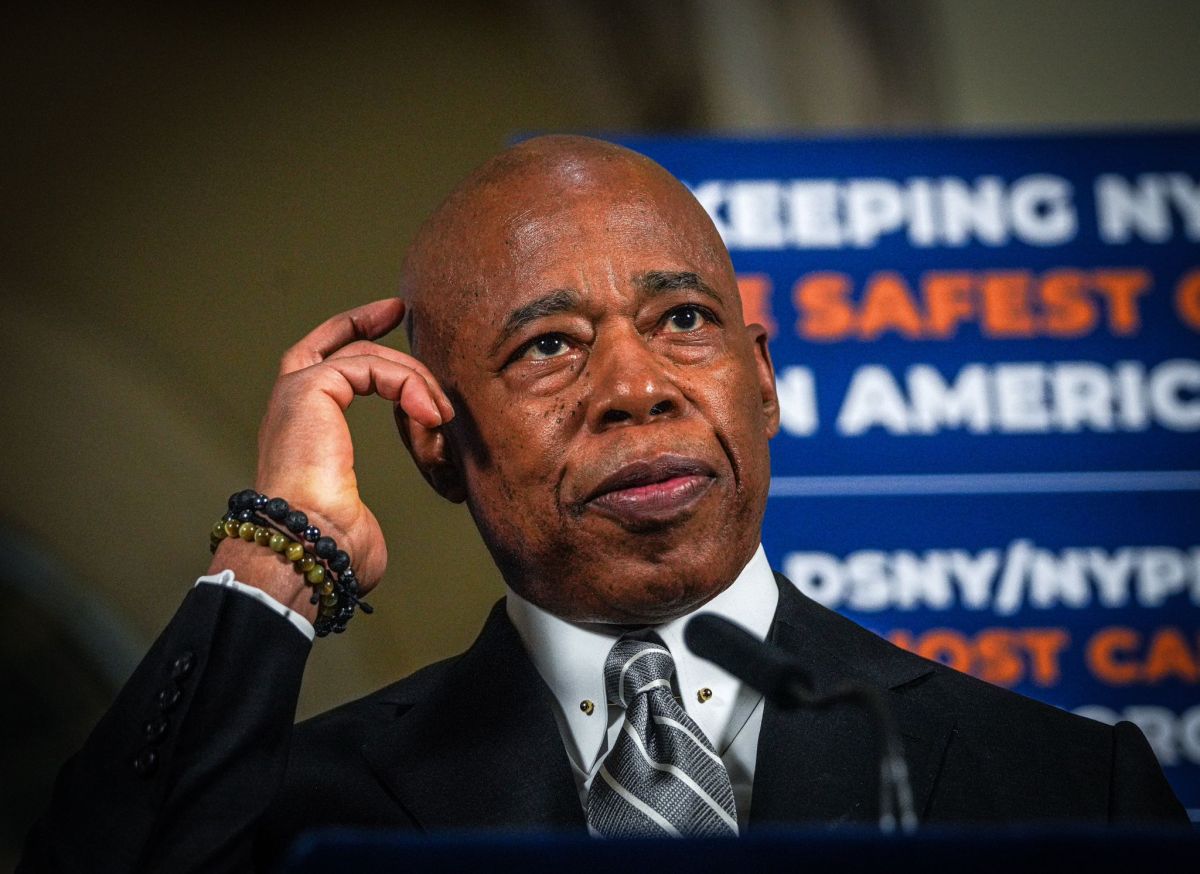Starting this fall, before any students can take the SAT or ACT college entrance exams, they must provide photo IDs on their applications. This is being done to avoid a repeat of the cheating scandal uncovered on Long Island last year.
The new testing requirements include making students upload or mail in a photograph of themselves when they register for the college entrance exams. The student will then receive an admission ticket, containing the scanned photo, to use to get into the testing site.
There doesn’t seem to be much in the way of opposition to this newly crafted requirement when it comes to standardized tests. However, many object to the idea of requiring voters to show identification when they visit their polling places on Election Day.
At present, 31 states have laws in place to require all voters to show identification at the polls this November; in 15 states, voters will be required to show a photo ID. But there are those who feel that making a photo ID mandatory in order to vote will discourage, or even block, eligible voters.
Sen. Richard J. Durbin, a Democrat from Illinois, held a hearing on the new laws last month. He charged that the new law would “make it harder for millions of disabled, young, minority, rural, elderly, homeless and low-income Americans to vote.”
Republicans, however, rebutted that states like Georgia and Indiana-which have photo identification requirements from voters already in place-claimed that turnout there actually improved over previous elections.
In New York, newly registered voters are encouraged to bring an identification card to the polls; if a vote was cast in a previous election ID isn’t needed. Voters registering for the first time in their present county may be asked to show ID at the polls in order to vote on a machine.
Even so, if the ID card produced is rejected by poll workers, people can still vote with a paper affidavit ballot. The Board of Elections later decides whether or not to count it.
The primary reason for mandating identification at polling booths should be to prevent election fraud. History has taught us of the ballot-stuffing chicanery of political crooks like William “Boss” Tweed, the head of the powerful Tammany Hall, who advocated that voters should “vote early and often.” He died in jail in 1878 after being convicted of stealing $200 million-the equivalent of over $4 billion in today’s dollars-from the New York City treasury.
There are a lot of laws concerning elections, some of which could be considered archaic. Seven states, for instance, prohibit the serving of alcohol on Election Day. This restriction is a relic of the Prohibition era when saloons sometimes served as polling stations.
But in order to get a drink in a bar or a restaurant, a photo ID is often required as a proof of age. There are also identification requirements to buy cigarettes, enter a movie theater, rent a DVD or even to make a large purchase-and there is little objection to such mandates from the public.
If we truly value the importance of a modern and secure voting system, then why protest a method to ensure the integrity of elections? Are our votes less meaningful than college entrance exams?



































